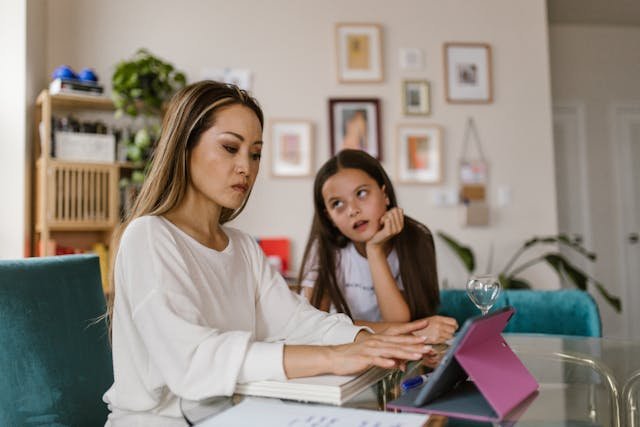What is ADHD?
Attention Deficit Hyperactivity Disorder is referred to as ADHD. It is an illness of the health. Disturbances in brain development and activity impact self-control, attention span, and sitting still in an individual with ADHD. ADHD can impact a child’s relationships with peers, family, and school.



